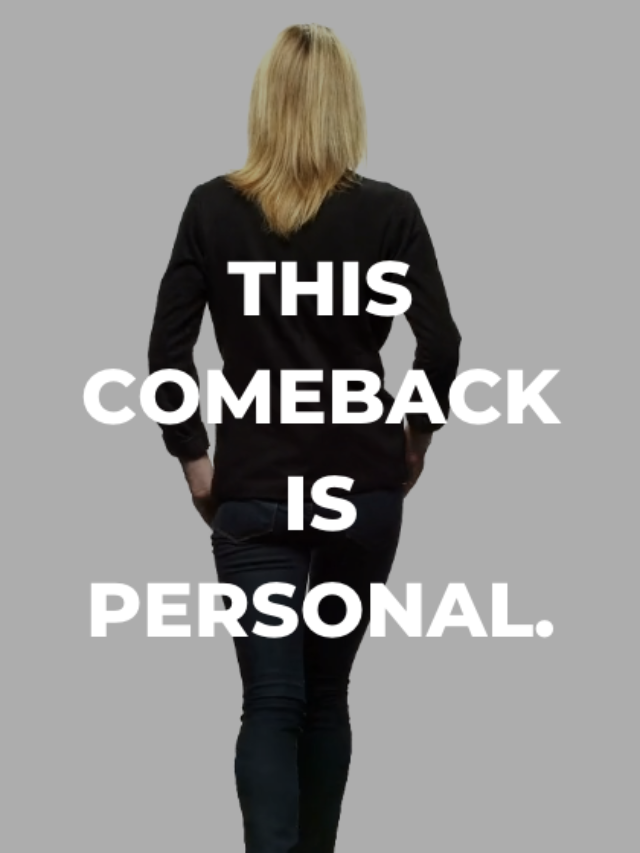
If you're like most people, you've probably followed a diet and exercise program in the hopes of losing weight. And, like a lot of us, you end up frustrated when you're not seeing the results you think you should.
So what's going on? The best way to tackle the problem is to look into what you're doing and see if there are changes you can make. There are a number of reasons you may not be losing weight, but there are a few key areas to look at first.
Eating too many calories
This may seem obvious, but humans are notorious for underestimating how many calories we're eating. In fact, one study, published in the Annals of Internal Medicine, found that participants underestimated calories in fast food meals by up to 38%.
It's frighteningly easy to eat too many calories. If you have one donut, one soda, one more piece of bread, or even an extra tablespoon of salad dressing, you can easily go over your calorie allotment without realizing it.
Then there are the secret calories we eat each day, mindless eating that we barely remember, much less count: That handful of M&Ms at work, the nuts you nibbled on during a meeting, the food you helpfully ate to clean your child's plate. It all adds up, sometimes to a point where you're eating more calories than you're burning.
Not Exercising Enough
Just as we underestimate how many calories we eat, we tend to overestimate how many calories we burn with exercise. This may be because we don't have a good idea of how many calories different workouts should burn or because we're relying on gym machines, which are notoriously inaccurate when it comes to calorie counts.
The average person may need 60-90 minutes of exercise a day to lose weight. If you're not exercising at all or you're not even close, that may be one reason you're not seeing results.
Unrealistic Expectations
If you ever talk to or read about successful weight losers, you'll find that it took years for them to lose the weight and learn how to keep it off.
Now think about your timeline for losing weight and how long you've been working on it. If it's only been a few weeks, you may need to give your body more time to respond to what you're doing. Think of that time as a period of adjustment, a time when your body is learning how to assimilate all these new changes in a way that makes sense.
Ignoring Success
Here's another common problem: You're getting results, just not the way you wanted or expected. If you're losing inches, but not losing weight, you may think you're failing, but that's a sign of success.
If you gain muscle as you're losing fat, the scale may not change, but you'll see more definition in your body, a sure sign that you're losing body fat.
We also sometimes ignore results if we're not getting them in the right place. Most of us have places where we store excess fat (the belly, hips, butt and thighs come to mind) and if you don't see changes in those areas, you chalk it up to failure.
Remember, it isn't possible to tone certain areas of your body with specific exercises. Your body, as well as your genes, hormones, gender, age, etc., determines where and when you lose fat. It's a good bet that if you have excess fat somewhere, it will take longer to lose from those areas.
If you're seeing changes somewhere, even if it's not exactly where you want, that's a sign you're on the right track and, if you keep losing fat, your body will eventually get to those areas.
Careful tracking of your diet, exercise and daily activity levels may tell you what you need to know about why you're not losing weight. Your next step is to figure out what to do about it.
Quick Tips for Weight Loss
- Get a general idea of how many calories you need to burn to lose weight.
- Keep track of the calories you're eating.
- Keep an exercise journal so you can keep track of the workouts you're doing.
- Make sure you've set realistic weight loss goals.
- If you feel frustrated, consider hiring a personal trainer to help.
- Find other ways to measure your success, like completing a certain number of workouts each week.
- Remember all the reasons exercise is good for you beyond weight loss.
Source:
Wansink B, Chandon P. Meal Size, Not Body Size, Explains Errors in Estimating the Calorie Content of Meals. Ann Intern Med September 5,2006145:I-51.




















